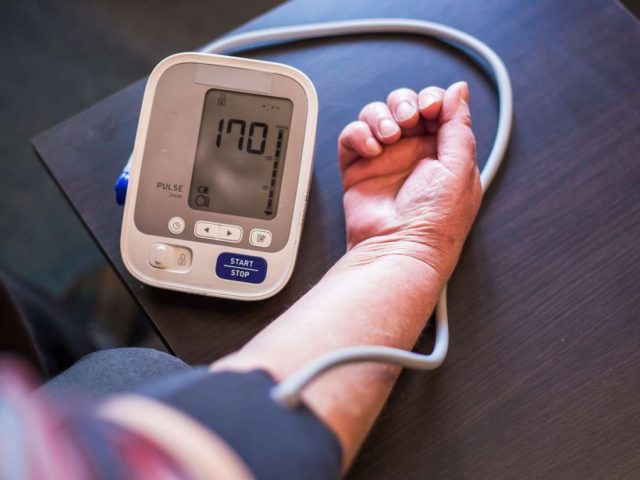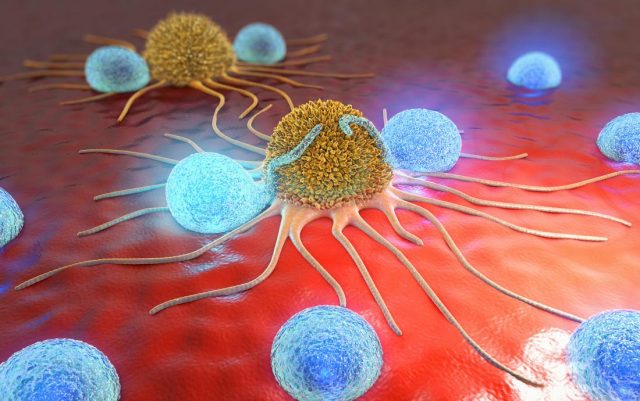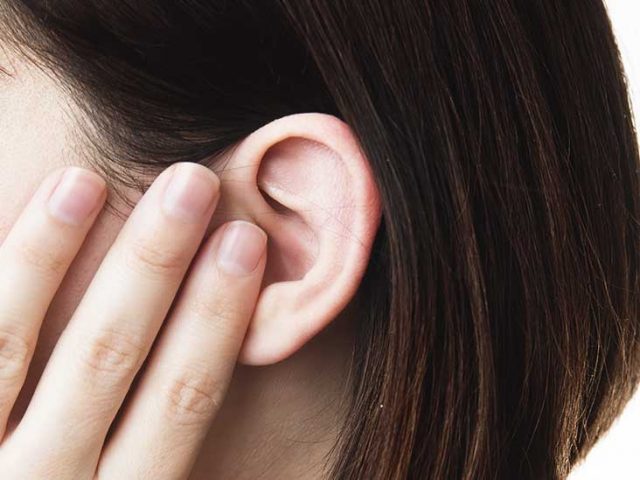7 Symptoms of Tinnitus You Should Not Ignore
Tinnitus is a ringing in the ears that seems to occur due to no reason. People with tinnitus may think the ringing in their ears is coming from becoming old or being over-exposed to loud noises, taking other medication, their ears being clogged with wax, or even that their dental fillings are picking up static!
In reality, one in five people have either subjective (only you can hear it) or subjective (your doctor can also hear it) tinnitus. Here are some of the symptoms of tinnitus that you should not ignore. Some of them are even easily fixable!
1. Atherosclerosis

Atherosclerosis is the clogging of your arteries with plaque. This causes your arteries to narrow, forcing the blood to move with more difficulty. Tinnitus can occur as a result of this, where you’re able to hear your heart beating in your ears.
Most of us have experienced hearing our heart beating when we’re scared or angry, but it stops after a while. When it seems to continue for a long period of time, it’s worth getting checked out. Especially since atherosclerosis increases your risk of stroke and heart attack.
2. High Blood Pressure

Blood pressure is an indication of how hard your heart is working to circulate the blood, which means that a high reading means more difficulty. There are several serious causes of high blood pressure, including atherosclerosis, which can turn deadly if not treated immediately.
Improper blood flow is a cause of tinnitus. In the case of atherosclerosis of the veins leading or exiting the brain, a deadly result could be an aneurysm.
3. Tumors

A vascular neoplasm is a tumor that presses on a blood vessel in your head or neck. These can range from benign to malignant in sporadic cases, but are rare and require specialist analysis in order for a diagnosis. Similarly, an acoustic neuroma is a slow-growing, benign tumor that attaches itself to the cranial nerve.
Due to the proximity of such tumors to your ears, these can result in tinnitus. In such a case, it’s most likely that the ringing will occur only on one side, along with hearing and balance problems.
4. Meniere’s disease

If you have been experiencing a combination of tinnitus and hearing loss, you may want to ask your doctor about Meniere’s disease, a disorder of the inner ear. Along with these symptoms, you may also experience vertigo and nausea. Left untreated, Meniere’s disease can lead to permanent loss of hearing.
Although the exact cause of Meniere’s is unclear, it has been linked to excess fluid in the ear, blockage, infection, or abnormal reaction of the immune system.
5. Head and Neck Injuries

An injury to the head or neck region can cause a temporary bout of tinnitus. It is still best to mention it to your doctor if you’ve had whiplash or a head injury since it could be an indication of a kinked blood vessel. However, certain other types of neurological damage such as multiple sclerosis can cause long-term tinnitus.
If treated properly, tinnitus can be managed to make it less prominent or even cured in certain instances.
6. Malformation of Capillaries

A rare condition known as Arteriovenous malformation (AVM) occurs in developing fetuses but only shows up when the child grows up, usually between the ages of 15 and 20. The arteries within the brain are connected to the veins through capillaries. In patients with AVM, the veins are connected directly to the brain arteries. This can cause reduced blood flow to the brain, or even ruptures and hemorrhage. In rare circumstances, AVM can even lead to an aneurysm.
Tinnitus is a symptom of AVM, along with one-sided hearing loss and facial numbness. Although it sounds pretty severe, the good news is that it can be treated.
7. TMJ Disorders

The temporomandibular joint or TMJ is the joint that allows us to open our mouths, chew, and talk. It is quite delicate and can be hurt easily, quickly becoming inflamed by actions such as clenching your jaw, grinding your teeth or other jaw-related injuries.
An injury to the TMJ can result in several symptoms such as locking jaw joints, pain/tenderness in the area, earache, and tinnitus. A dentist treats TMJ injury through bite realignment, but relaxation techniques can help prevent stress-related actions like grinding or clenching teeth.
Conclusion

If you have been hearing that unmistakable ringing in your ear, you probably have tinnitus. Tinnitus could occur because you’re growing old, you’ve been blasting loud music through your headphones, or maybe your ears just need a thorough cleaning.
On the other hand, tinnitus may be an indication of something far more serious, from a potentially life-threatening head injury, to warning of an impending stroke, tumor, heart disease, or Meniere’s disease.
Sometimes, tinnitus can be easily dealt with by the start or stop of a certain action or medication. Lowering blood pressure or using masking devices may also work. If you suspect you have tinnitus, book yourself a consultation with an ENT specialist or audiologist.
